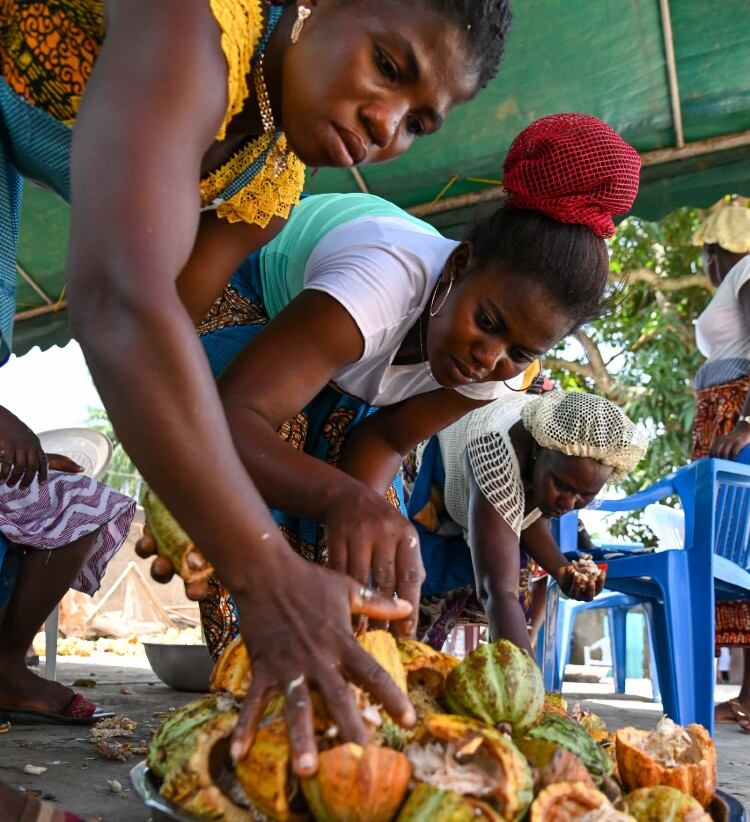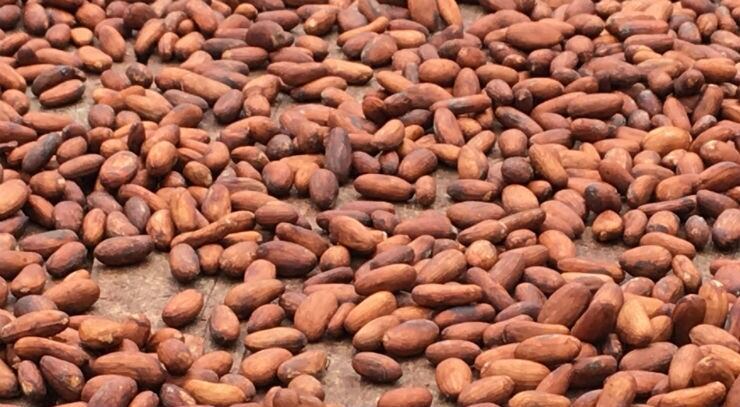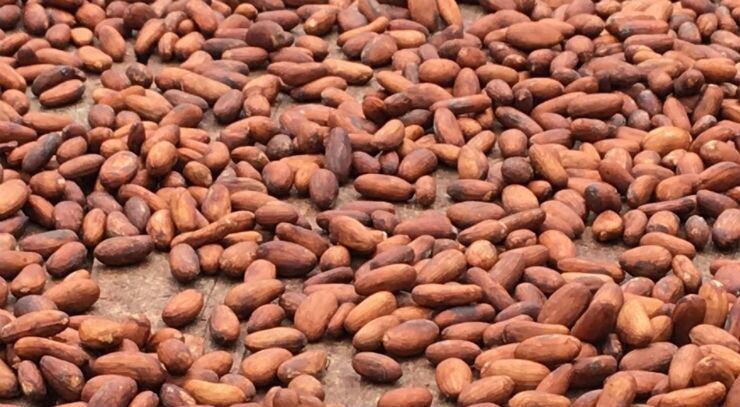The Cocoa Fruit Lab says it is bringing together actors from across the cocoa sector to create the first entirely women-owned micro-factory in the country to produce sustainable cocoa, specialty chocolate and cocoa juice.
About the Cocoa Fruit Lab
The Cocoa Fruit Lab is an initiative of ETG’s sustainability foundation Beyond Beans, co-funded by IDH: The Sustainable Trade Initiative, as part of their Cocoa Origins Program. Also involved are women-empowerment focused Fine or Flavour chocolatier Rokbar, and cocoa juice company Kumasi. Technical support is provided by juice experts from Koa and advice on process and quality by Döhler Holland.
Although Cote d’Ivoire Coast is the world's largest cocoa producing country, most cocoa farmers are struggling to reach a living income. This particularly concerns women, who often own smaller farmlands, have less access to trainings and financial inputs, and lack household decision making power compared to their male counterparts.
By increasing women’s participation in the sector as cocoa producers, juice collectors and chocolate makers, the Cocoa Fruit Lab has been established to promote female entrepreneurship across the supply chain.
In addition, it will create opportunities for female farmers to improve the quality of their cocoa beans and to access higher-paying specialty markets.
Four-hundred farmers from the women-run cooperative COVIMA in the country’s Marahoue region will be the first group to participate in this project.
Cocoa juice
The project also introduces an income-diversification aspect at the farmer level through the collection of cocoa juice. When chocolate is produced, the white pulp that surrounds the cocoa beans is usually lost as a waste product but collecting it and processing it into juice can create an additional income stream for minimal additional cost, raising farmer income by up to 30% per kilo of cocoa beans.
In the Cocoa Fruit Lab's first year of operation, the plan is to produce ‘cocoa of excellence’ for 5,000 single origin Rokbar chocolate bars, 1,000 litres of cocoa juice, and 250 Mt of sustainable cocoa beans for European chocolate factories, all the while supporting women in developing as local entrepreneurs.



